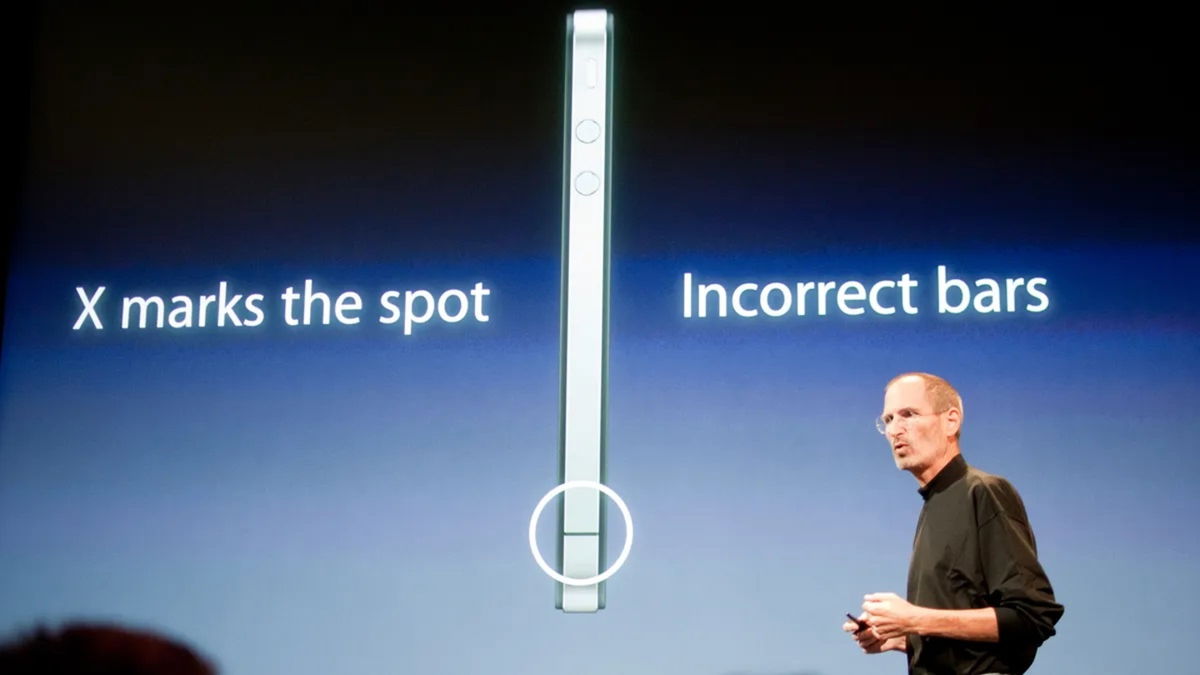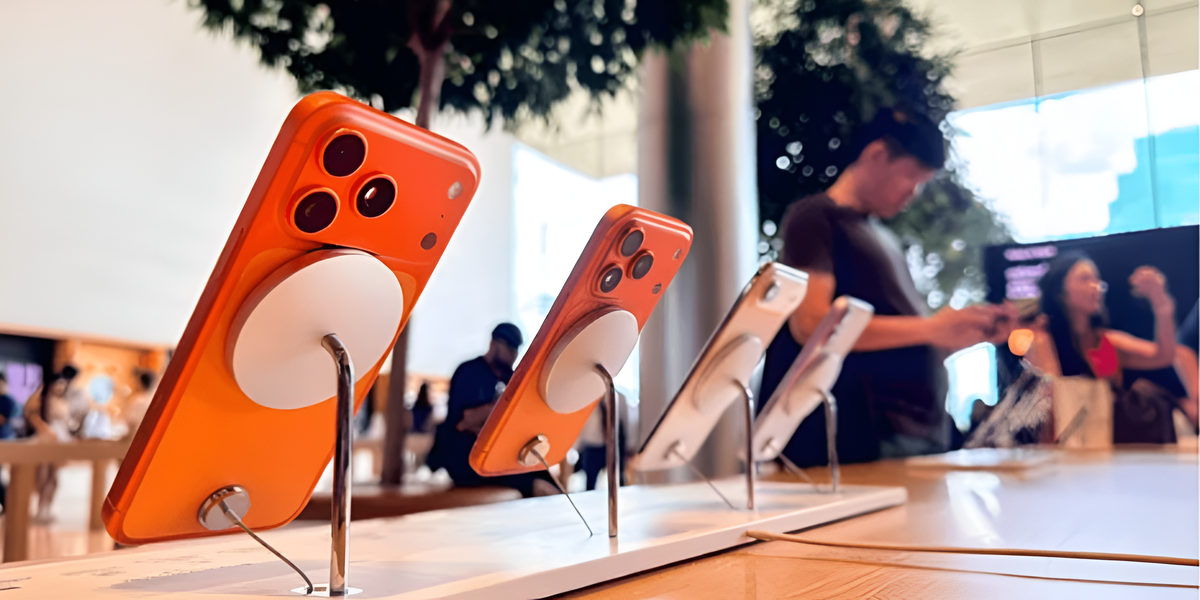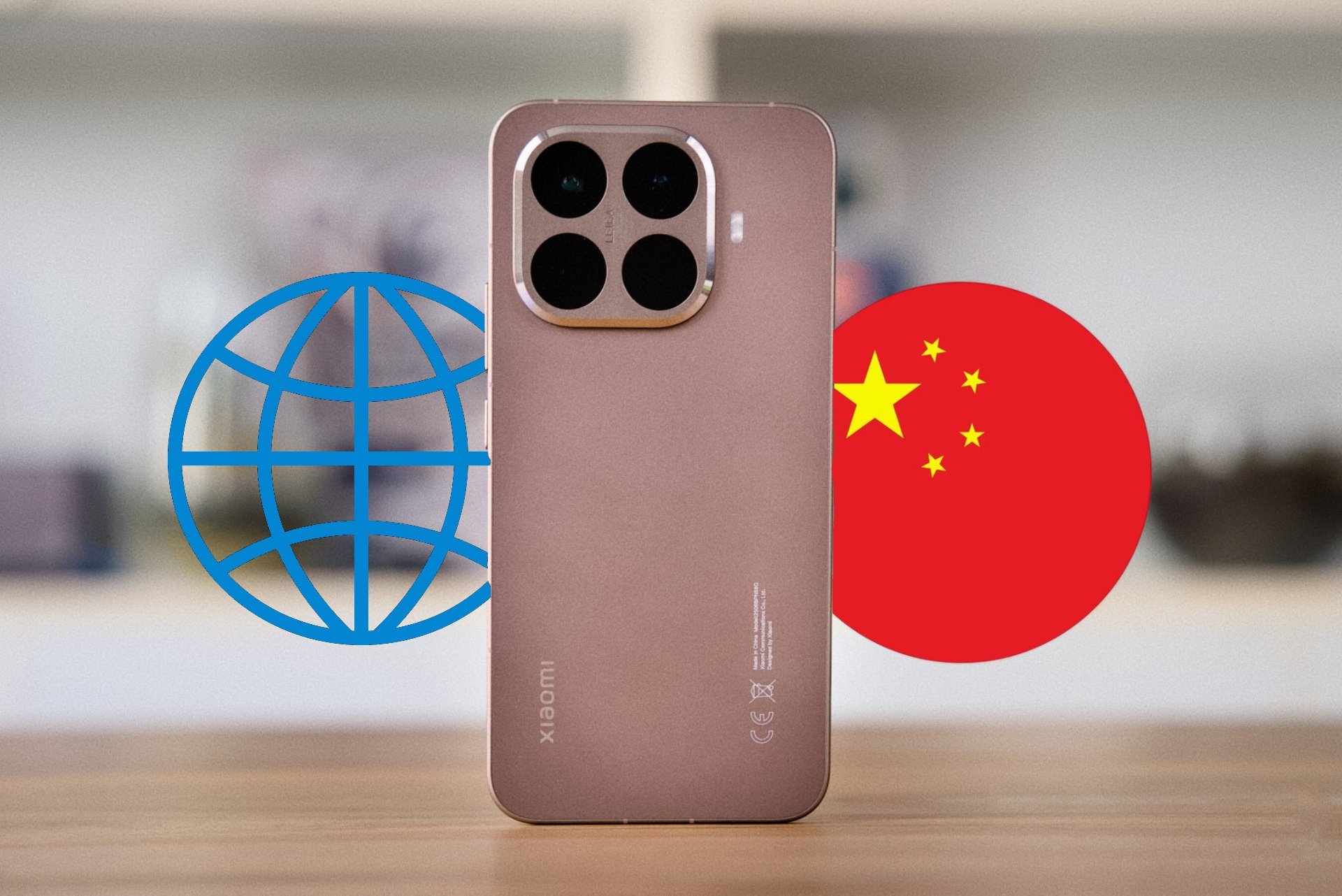The NFC iPhone Discovery Romance Comes to an End. The European Commission has accepted additional commitments that Apple has made to provide third parties with access to the aforementioned chip, finally putting an end to the long-running dispute.
The conflict between the Cupertino and European countries over the iPhone’s NFC limitation began in 2020. Earlier this year, Apple announced that it would allow third-party digital wallets and banking apps to take advantage of the chip. This would mean that its use would no longer be exclusive to Apple Pay and Apple Wallet, and Apple would comply with the Digital Markets Act.
However, the matter has not yet been resolved. The European Commission has asked third parties to comment on Apple’s advert, seeking to identify any objections or areas where improvements could be made. Based on these considerations, Tim Cook has expanded his commitments to achieve honest opening of NFC iPhone. And regulators have now confirmed that they consider them sufficient to address their competition concerns.
The European Commission has thus fulfilled the commitments made by Apple. legally binding in accordance with the European Union’s antitrust rules. “Today’s decision […] “opens up competition in the critical mobile payments sector, preventing Apple from excluding other mobile wallets from the iPhone ecosystem,” said Margrethe Vestager, vice president for European competition policy.
Apple to Provide Free Access to iPhone NFC Chip for 10 Years
It has been known since January that Apple would open up NFC iPhones to third parties, independent of Apple Wallet or Apple Pay. and free. Cupertino representatives specified that they will allow the chip to be used in host card emulation mode, or HCE mode, which is what its abbreviation means in English. The company also promised to provide access to authentication tools and give users the ability to choose other digital wallets as the default payment method, etc.
However, third-party app developers expected the measures to be much broader in scope. And Californians have already complied with several of the demands made on them. As the European Commission explained, Apple has removed the requirement that obliges developers have a payment service provider license — or enter into a binding agreement with one of them — to access the iPhone’s NFC.
Apple will now also allow developers to “pre-build” payment apps for third-party digital wallet providers. Additionally, it will not limit the ability to combine the HCE payment feature with other features or use cases available on the iPhone’s NFC chip. These are just some of the legal commitments the Apple company has made. and will have a validity period of 10 years.. You can see the full list here.
Third-party access to iPhone NFC will only be available in countries within the European Economic Area. However, it sets an interesting precedent for other countries and regions that are also looking to open up Apple’s software and hardware ecosystem.
For Apple, the end of this long-running dispute with the European Commission represents a major relief. If the company is found to be in breach of Article 102 of the Treaty on the Functioning of the European Union, it could face a fine of up to 10% of its total annual turnover. It is estimated that such a penalty could reach 40 billion dollars.
Source: Hiper Textual
I’m Ben Stock, a highly experienced and passionate journalist with a career in the news industry spanning more than 10 years. I specialize in writing content for websites, including researching and interviewing sources to produce engaging articles. My current role is as an author at Gadget Onus, where I mainly cover the mobile section.














